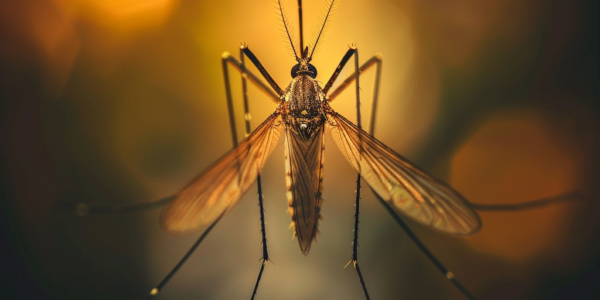KSU researcher receives grant for ASF vaccine research
Kansas State University has received a $1 million grant to develop vaccines for African Swine Fever, with a total investment of over $2.64 million from various partners. The research aims to protect US pigs and safeguard the food supply in the event of an ASF outbreak.
Study Reveals Surprising Information About Healthiest Types of Bread
Discover the surprising truth about the healthiest types of bread, as revealed by a recent study. Dr. Deborah Lee from the Dr Fox Online Pharmacy explains why sourdough bread is actually the healthiest option, challenging the common belief that brown bread is the healthier choice. With bread being a staple food in the UK, understanding the nutritional differences between bread types becomes crucial for informed dietary choices.
Groundbreaking Discovery: Immune Cell Susceptibility to SARS-CoV-2 Infection
Stanford Medicine researchers have made a groundbreaking discovery regarding the susceptibility of a specific type of immune cell to SARS-CoV-2 infection, the virus responsible for COVID-19. This unexpected revelation has significant implications for understanding the medical consequences of COVID-19 and opens up new possibilities for preventing SARS-CoV-2 infections from progressing into life-threatening conditions.
Newly Found Genetic Variant Defends Against Alzheimer’s Disease
Columbia researchers have discovered a genetic variant that reduces the odds of developing Alzheimer’s disease by up to 70% and may be protecting thousands of people in the United States from the disease. The discovery of the protective variant supports emerging evidence that the brain’s blood vessels play a large role in Alzheimer’s disease and could herald a new direction in therapeutic development.
Groundbreaking Discovery in Neuroscience: Vesicles Contain More Complete Instructions for Altering Cellular Function
Groundbreaking neuroscience discovery reveals that vesicles in the brain contain more complete instructions for altering cellular function than previously believed. Study challenges previous research and sheds light on potential new treatments for neurodegenerative diseases like Alzheimer’s.
High-Tech Prostate Cancer Treatment Now Available in Hawaii
Kuakini Medical Center in Hawaii now offers the Robotic focal HIFU, a non-invasive treatment for prostate cancer utilizing heat to destroy cancerous cells without harming healthy tissue. This advancement in healthcare provides patients with access to cutting-edge technology and expands treatment options in the state.
Midlife Racial Discrimination and Alzheimer’s Risk
A new study suggests that midlife racial discrimination may be linked to an increased risk of Alzheimer’s disease later in life. Researchers found that exposure to racism and associated stress may contribute to the elevated risk of dementia among Black Americans. The study, which utilized 17 years of data, highlights the importance of addressing racial discrimination as a potential risk factor for Alzheimer’s disease.
Advancements in Parkinson’s Disease Treatment
Learn about the latest breakthrough in Parkinson’s disease treatment with Deep Brain Stimulation (DBS) as discussed by Medtronic Brain Modulation’s VP and General Manager, Amaza Reitmeier, and Navy veteran and DBS patient, Andrew ‘Andy’ Horn, on BMORE Lifestyle. Discover the transformative impact of DBS on the quality of life for patients and the potential to revolutionize the treatment of Parkinson’s disease.
Dermatology Times Celebrates Rosacea Awareness Month with Weekly Quizzes
April is Rosacea Awareness Month, dedicated to raising awareness about the chronic skin condition. Dermatology Times is committed to educating and engaging the audience with weekly quizzes aimed at increasing understanding and promoting proactive management strategies. Stay tuned for the weekly quizzes and let’s work together to make a difference this Rosacea Awareness Month.
Rising Risk of Dengue Epidemic in Argentina
Argentina is at risk of a dengue epidemic as rising temperatures drive the spread of the virus. With a significant increase in cases and mosquitoes hatching earlier, the country is facing its worst outbreak of dengue fever. The situation has strained hospitals, caused shortages of insect repellent, and raised concerns about the potential for more frequent epidemics. Scientists warn that if the current trend continues, dengue epidemics could occur annually.










